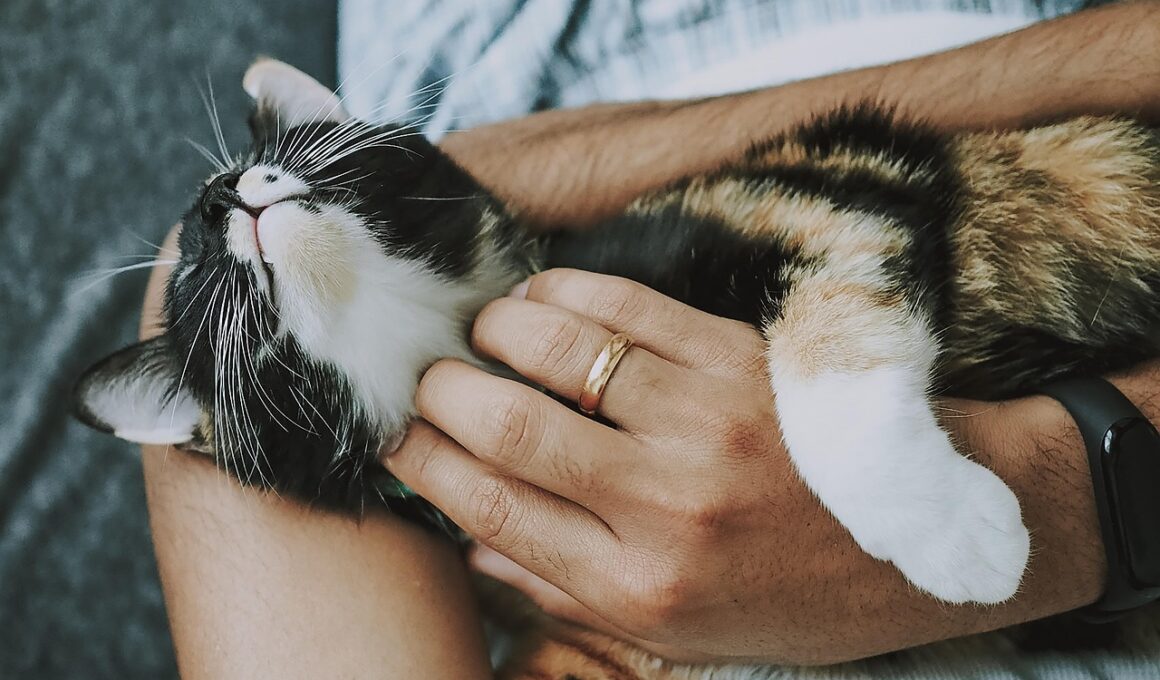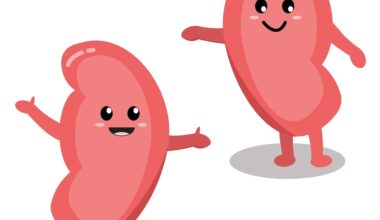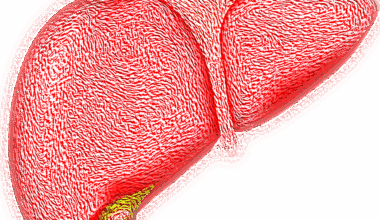Impact of Dental Diseases on Cat Behavior: FAQ
Dental diseases in cats can significantly affect their overall behavior and health. Feline dental issues often lead to pain, which can manifest in various behavioral changes. It is vital for cat owners to recognize signs of dental problems, as delayed treatment can worsen these symptoms. Common dental problems, such as gingivitis, periodontal disease, and tooth decay, can cause cats to become withdrawn, irritable, or aggressive. If your cat exhibits unusual behavior, it may be due to undiagnosed dental pain. Regular dental check-ups are essential for early detection of these diseases. If you notice changes in your cat’s eating habits, displaying reluctance to eat or favoring certain sides when chewing, these could be symptoms of dental distress. Understanding the connection between dental health and behavior can help owners provide better care. Ensuring you provide proper dental care at home and seeking veterinary advice when necessary can greatly enhance your cat’s quality of life.
Many cat owners may wonder how to prevent dental diseases in their pets. An effective preventive strategy includes regular brushing of your cat’s teeth and providing dental treats. Additionally, you should schedule routine veterinary check-ups to monitor their dental health. Vets might recommend special diets or dental chews designed to help reduce plaque buildup. Regular veterinary cleanings are also important, as professionals can remove tartar that at-home care might miss. Other preventive measures include providing appropriate toys that promote chewing, which can help enhance gum health. Be sure to introduce dental care habits early in your cat’s life, making it a part of their routine. If your cat does not readily accept brushing, consider other products like dental gels or water additives. These can help maintain oral health without the stress of regular brushing. Remember, prevention is key, and maintaining your cat’s dental health will prevent more serious issues down the road.
Common Symptoms of Dental Issues in Cats
Recognizing symptoms of dental issues in cats is crucial for timely intervention. Some of the most common signs include chewing difficulties, excessive drooling, and bad breath. Cats may also display behavioral changes, becoming more irritable or reclusive. Watch for signs of pain, such as pawing at their mouth, or avoiding touching their jaws. Difficulty eating dry food can indicate tooth problems, while an unusual appetite may suggest dental distress. Many cats also begin to vocalize differently when they experience oral discomfort. Additionally, you may observe plaque buildup or swollen gums upon inspecting your cat’s mouth. Keeping track of your cat’s eating habits can offer insight into their dental health. If you notice any of these symptoms, it is essential to contact your veterinarian immediately. Prompt treatment can alleviate pain and lead to better behavioral outcomes for your cat. Early intervention improves the chances of reducing dental disease impacts on their daily life.
Understanding the behavioral changes due to dental diseases can help you respond effectively to your cat’s needs. For instance, many cats with dental pain might start avoiding play or may not greet their owners as enthusiastically as before. This change can cause emotional distress in both pets and their owners. Additionally, cats in pain may exhibit increased aggression, primarily due to discomfort. Social withdrawal can also occur, significantly altering the typical dynamics between cat and owner. Being aware of these changes can help foster more compassion towards your feline friend. Providing a comfortable environment with quiet spaces for rest can help if your cat is in pain. Always approach them gently, as unexpected touch may cause anxiety. Behavioral changes can lead to a vicious cycle of stress, further exacerbating dental problems. Observing and documenting any notable changes can help you articulate them to your veterinarian during visits, facilitating better diagnosis and treatment options. By understanding these aspects, you can better address your cat’s needs during dental distress.
Treatment Options for Dental Diseases
Treatment options for dental diseases in cats vary depending on the severity of the condition. In many cases, a veterinarian may suggest scaling and polishing to remove plaque and tartar buildup. This procedure often requires anesthesia, allowing thorough cleaning without causing stress to the cat. If the issues are more severe, extraction of affected teeth might be necessary. It’s important to discuss these procedures with your veterinarian beforehand, as they can provide insight into recovery time and aftercare. Home care, including regular brushing and dental treats, plays a crucial role in maintaining oral health post-treatment. Some medications may be prescribed to manage pain or inflammation related to dental issues. In specific cases, antifungal or antibiotic medications may be necessary to tackle infections. Your vet may recommend specialized diets that support oral health. By following your veterinarian’s recommendations and maintaining routine check-ups, you can help your cat recover fully and reduce the risk of future dental problems.
Cat owners are often keen to learn more about the benefits of maintaining dental health. Good oral hygiene not only prevents painful conditions but can also contribute to longevity and overall wellness. Proper dental care can significantly enhance your cat’s quality of life, decreasing the risk of systemic issues that arise from untreated dental disease. For instance, bacteria from dental infections can enter the bloodstream and affect organs like the heart and kidneys. Regular preventive care helps avert these health problems down the line. Having a well-structured dental care regimen will reduce vet costs associated with dental disease treatments. Plus, maintaining your cat’s dental hygiene can also prevent unpleasant odors. Additionally, a cat in good health is likely to show better behavior, as pain and discomfort can lead to undesirable actions. By investing time in your cat’s dental care, you promote a longer, healthier, and happier life, ensuring your feline companion can enjoy playtime, companionship, and treats without discomfort.
Conclusion: The Importance of Cat Dental Care
The relationship between dental health and behavior in cats is profound, highlighting the need for attentive care. Owners who understand this connection are better equipped to monitor and maintain their cat’s health effectively. Consequently, it fosters a deeper bond between pets and their owners, as proactive care leads to healthier, happier cats. Ultimately, regular dental check-ups, proper brushing, and a nutritious diet are fundamental in preventing severe dental diseases. Education about symptoms and changes in behavior is vital for early detection and treatment. Engaging with your veterinarian about dental health can provide valuable insight and help you create an effective maintaining strategy tailored to your pet. Don’t hesitate to reach out for guidance on the best dental practices for your feline friend. A commitment to dental care will undoubtedly impact your cat’s overall well-being, behavioral disposition, and enjoyment in life. Prioritizing their dental health ensures a long, fulfilling life filled with joy and companionship for both you and your feline friend.
Dental diseases can profoundly affect cat behavior, influencing their mood and temperament in various ways. Unaddressed dental health issues can lead to chronic pain, which can significantly alter how a cat behaves daily. Understanding the importance of regular dental care can help pet owners manage their cats’ health more effectively. When cats feel discomfort from dental issues, behaviors like withdrawal, aggression, and irritation become more common. Recognizing these behaviors as signals of pain allows owners to take proactive measures for their pets. Regular veterinary dental check-ups help in identifying problems before they escalate into severe conditions. Issues such as outdated dental hygiene practices can lead to a host of problems if not attended to. Addressing these issues promptly increases the chances for a cat to regain comfort and normal behavior. Maintaining a regular cleaning routine at home certainly helps in preventing the recurrence of dental issues. Therefore, investing time in providing the best dental care for your cat is essential for their overall health and happiness. By being attentive to changes in behavior, owners can address dental issues before they lead to more serious health ramifications.


